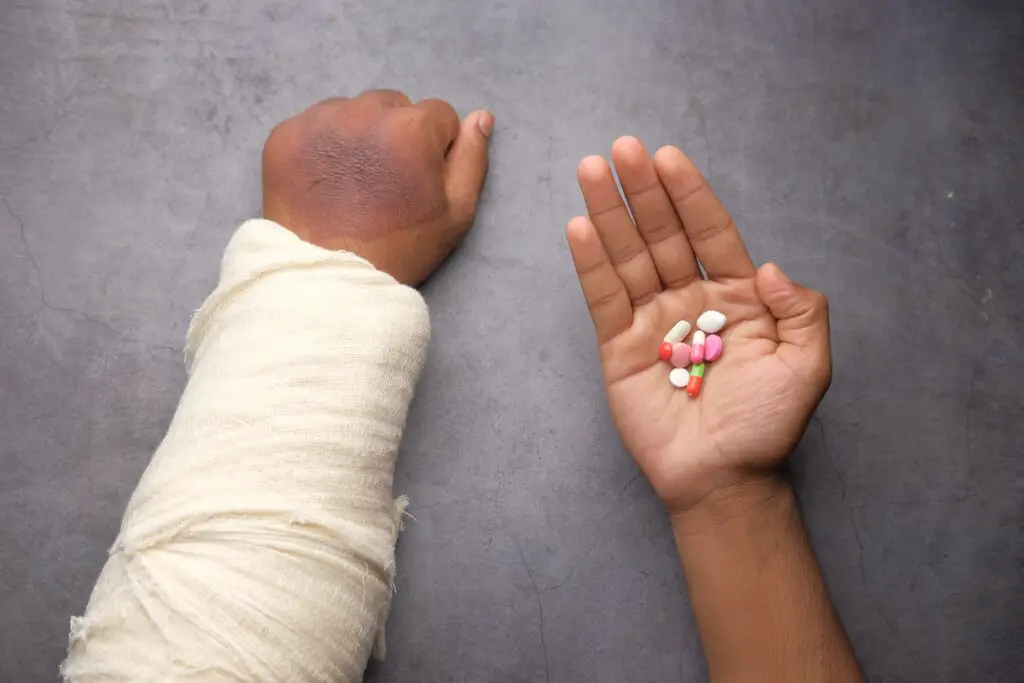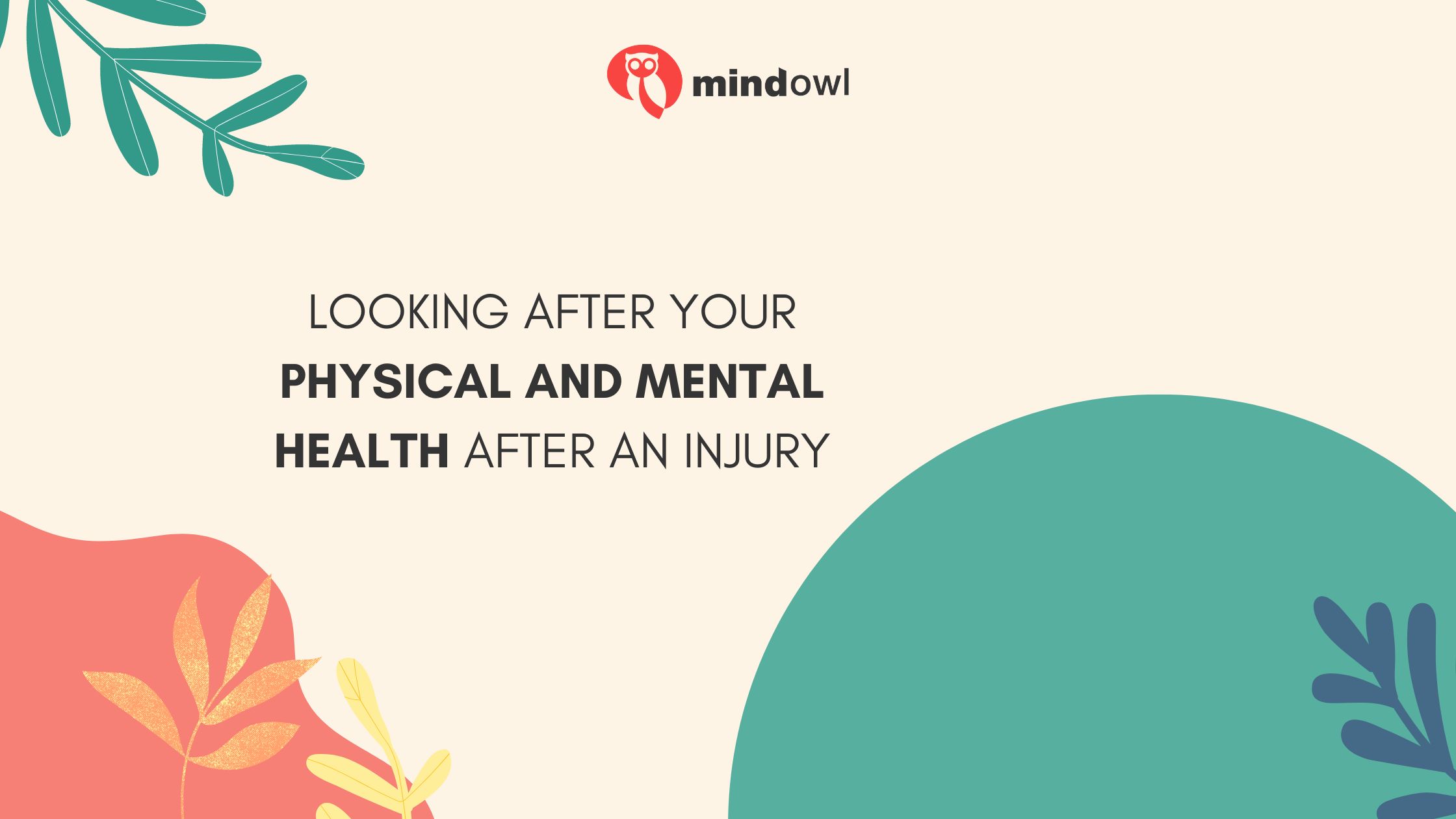Injuries can have profound impacts on your health and wellbeing, including and besides the consequence of the injury itself.
No matter how major or minor, dealing with an injury is a different process for everyone. It’s not just a physical struggle in most cases, but a mental one too.
If someone else was responsible, accepting the consequences can be even more difficult. No win no fee personal injury solicitors can help your claim for compensation against the liable party.
However, coming to terms with your injury is something you can only do yourself. Understanding the road to recovery is crucial to help you manage the process and your expectations.
How to look after yourself following an injury
The first thing to remember is that positivity is vital in recovery. With the right mindset and realistic expectations, you can reach your recovery goals a little faster. If your injury is due to an incident like a motorcycle mishap, you may want to consider seeking counsel from a motorcycle accident attorney to ensure your rights are protected.
There’s an intrinsic connection between mind and body, so you need to look after both to maintain your health and well-being.
Focus on eating a balanced diet, staying hydrated, getting adequate sleep, and exercising if your injury allows.
Try to keep friends and family around you for support, even if you feel like you don’t need it. Isolating yourself is unlikely to have any positive effects.
Work closely with professionals who are guiding your recovery, including medical experts and, if relevant, a motorcycle accident attorney. Always follow their advice to ensure you’re on the right path. Holding the negligent party liable for your injury may be a difficult step but it can also provide closure and financial assistance for your recovery. Understanding the average knee injury settlement and making sure you get every penny you’re entitled to can help ease the burden and allow you to focus on getting better. What’s more, it can give you a sense of justice and bring closure to the incident.
The physical impacts of injury
Personal injuries are common across society, from accidents at work to road traffic incidents. Motor-related cases are most common according to data from the Department for Work and Pensions, with 367,535 cases reported in the last year.
Most result in temporary physical impairments or damage, while more serious circumstances can lead to permanent consequences.
Any injury can impact daily life. Restricted mobility or reduced capabilities can take away some sense of independence temporarily. Some may not be able to work which can have further repercussions.
The length of recovery can vary depending on the severity of the injury and the type of treatments available.

The mental impacts of injury
Injuries can take their toll mentally just as much as physically, if not more so in some ways. Stress concerning the event, limited capabilities and loss of independence can be difficult to comprehend.
In serious cases, where consequences are permanent or significant, people are at higher risk of suffering from depression, anxiety and post-traumatic stress disorder. Pain can make these conditions more intense, or be worsened by them just as equally.
Embarrassment, shame, guilt and other negative emotions can all come into play, but it’s important to remember that recovery is the only thing that matters.
MindOwl Founder – My own struggles in life have led me to this path of understanding the human condition. I graduated with a bachelor’s degree in philosophy before completing a master’s degree in psychology at Regent’s University London. I then completed a postgraduate diploma in philosophical counselling before being trained in ACT (Acceptance and commitment therapy).
I’ve spent the last eight years studying the encounter of meditative practices with modern psychology.

